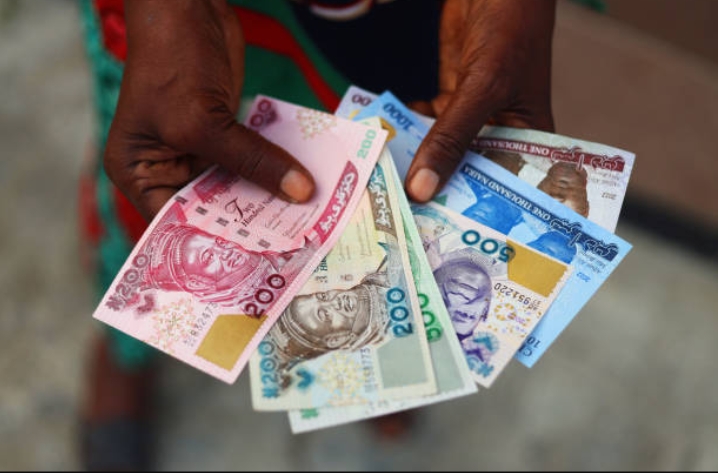To advise its upcoming Eurobond issuance, the Federal Government has enlisted the experience of top international investment banks, such as Citibank NA, JPMorgan Chase & Co., and Goldman Sachs Group Inc.
Additionally, it hired Chapel Hill Denham, a financial advisory firm based in Lagos, and Standard Chartered Bank to provide consultation on this project.Following a two-year hiatus, the country is returning to the international bond market with the first Eurobond issue since 2022. The nation issued $1.25 billion worth of Eurobonds in March 2022.
According to Bloomberg and sources familiar with the deal, this development highlights Africa’s top oil-producing country’s intention to re-engage with international financial markets in order to support its fiscal budget.
The report mentioned that the size of the Eurobond offer, which is anticipated before June, has not yet been decided. The individuals requesting anonymity stated that they were not authorized to make public comments on the subject.It went on to say that by 2024, the country may want to have up to $1 billion in foreign loans.
In order to achieve President Bola Tinubu’s N28.8 trillion ($18 billion) spending plan for 2024, which aims to create a fiscal shortfall of N9.8 trillion, or 3.8% of its GDP, Nigeria will need to raise this significant budget deficit from outside sources.
It is anticipated that global financial institutions and local and international borrowing will help close the deficit.In December of last year, Nigeria’s Minister of Finance and Coordinating Minister of the Economy, Wale Edun, made a suggestion that the country may consider issuing Eurobonds later this year if the rates were significantly lower.
He said that major issuers had already informed Nigeria of the possibility.”It is up for debate right now, but we think we will get the support because we are sticking with our reforms,” he said.President Tinubu has actively pursued measures to revive foreign investment inflows into Nigeria since taking office in May 2023.
These measures include the contentious removal of fuel subsidies, reducing the gap between the Central Bank’s policy rate and the yields on government securities, and carrying out two naira devaluations to promote a more flexible exchange rate regime.
In a related development, the Debt Management Office’s most recent circular states that the Federal Government intends to borrow N450 billion from its third FGN bond auction in 2024.
This amount is 82% lower than the N2.5 trillion goal set for the same bond auction the month before.The auction is scheduled for March 18, 2024, with a settlement date of March 20, 2024, as per the circular posted on the DMO website.
The offer comprises three different bonds, according to the DMO’s circular: a new 3-year bond for March 2027, as well as reopenings of the bonds with 18.50 percent FGN February 2031 and 19.00 percent FGN February 2034.The government’s monthly borrowing target of N450 billion includes an allocation of N150 billion for each bond.
Through FGN bond auctions in 2023, the Federal Government raised approximately N5.49 trillion, which was utilized to finance the N11.34 trillion budget deficit for the year.The four bonds that were auctioned off helped the Federal Government raise approximately N418.197 billion in January 2024.
The two FGN bond offers made by the DMO in February 2024 brought in N1.49 trillion for the Federal Government, falling short of the N2.5 trillion target.
Given that the 2024 budget deficit is estimated to be N9.18 trillion, it appears that the federal government is determined to increase its borrowing from the domestic market.
